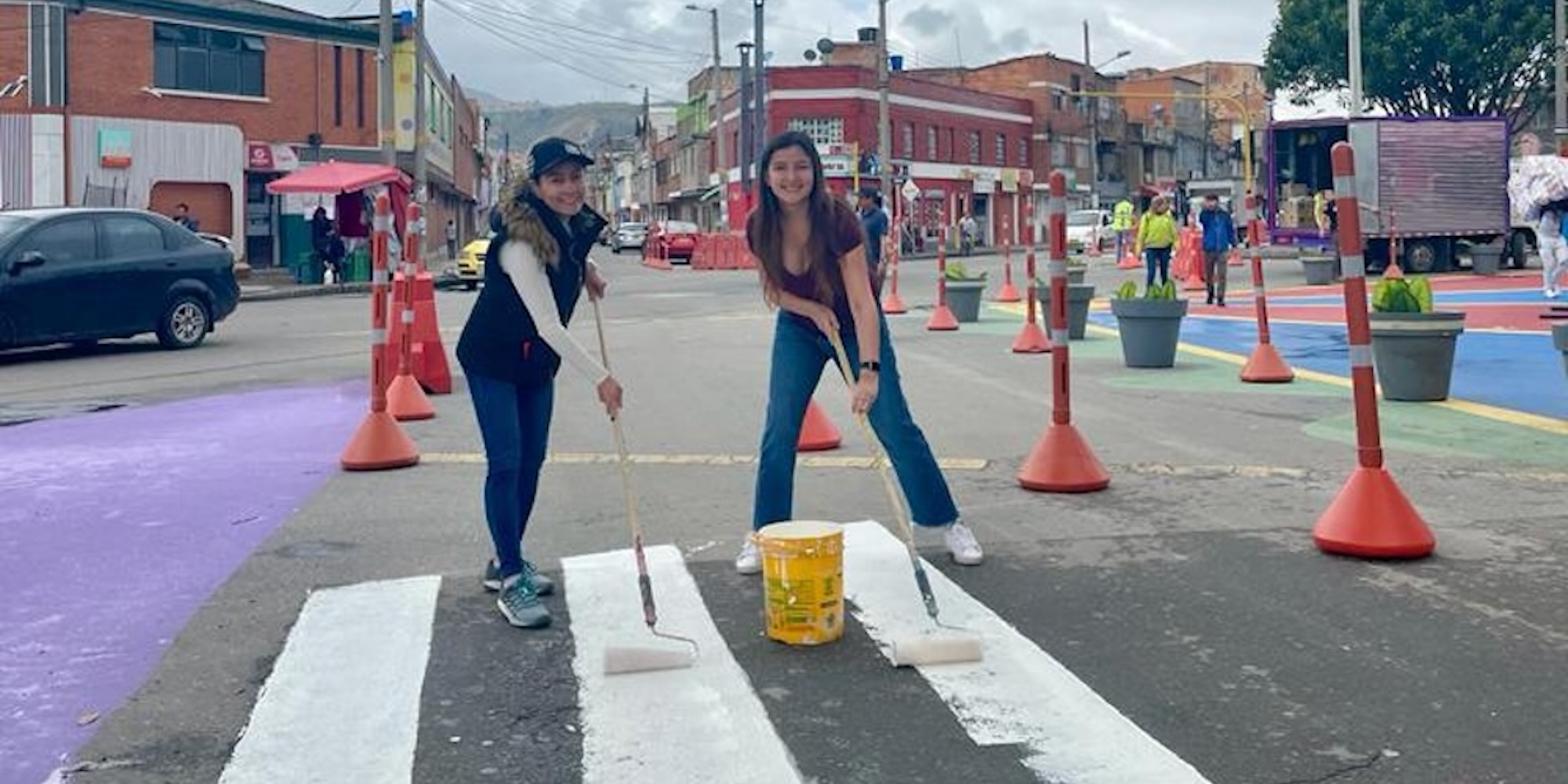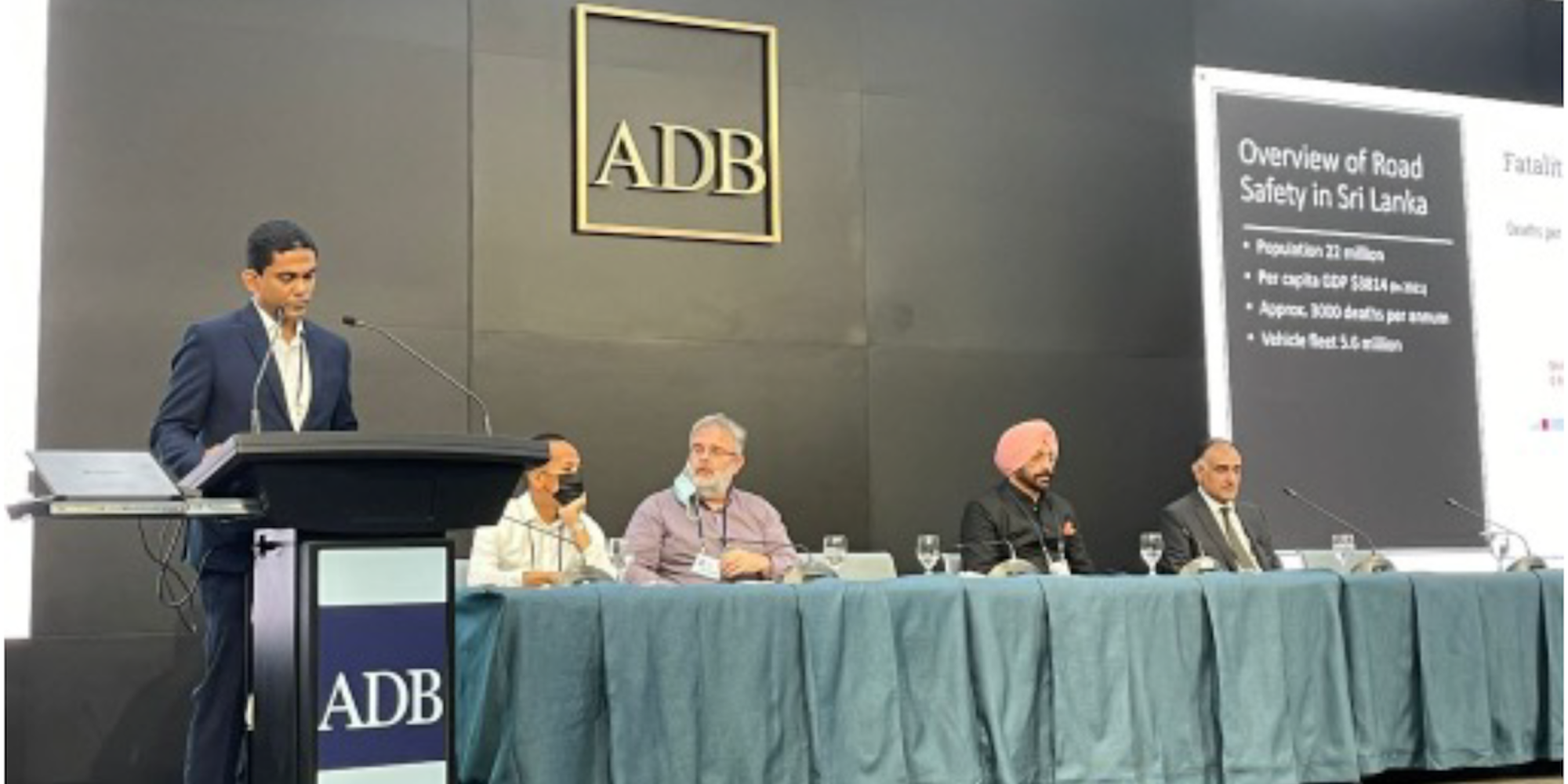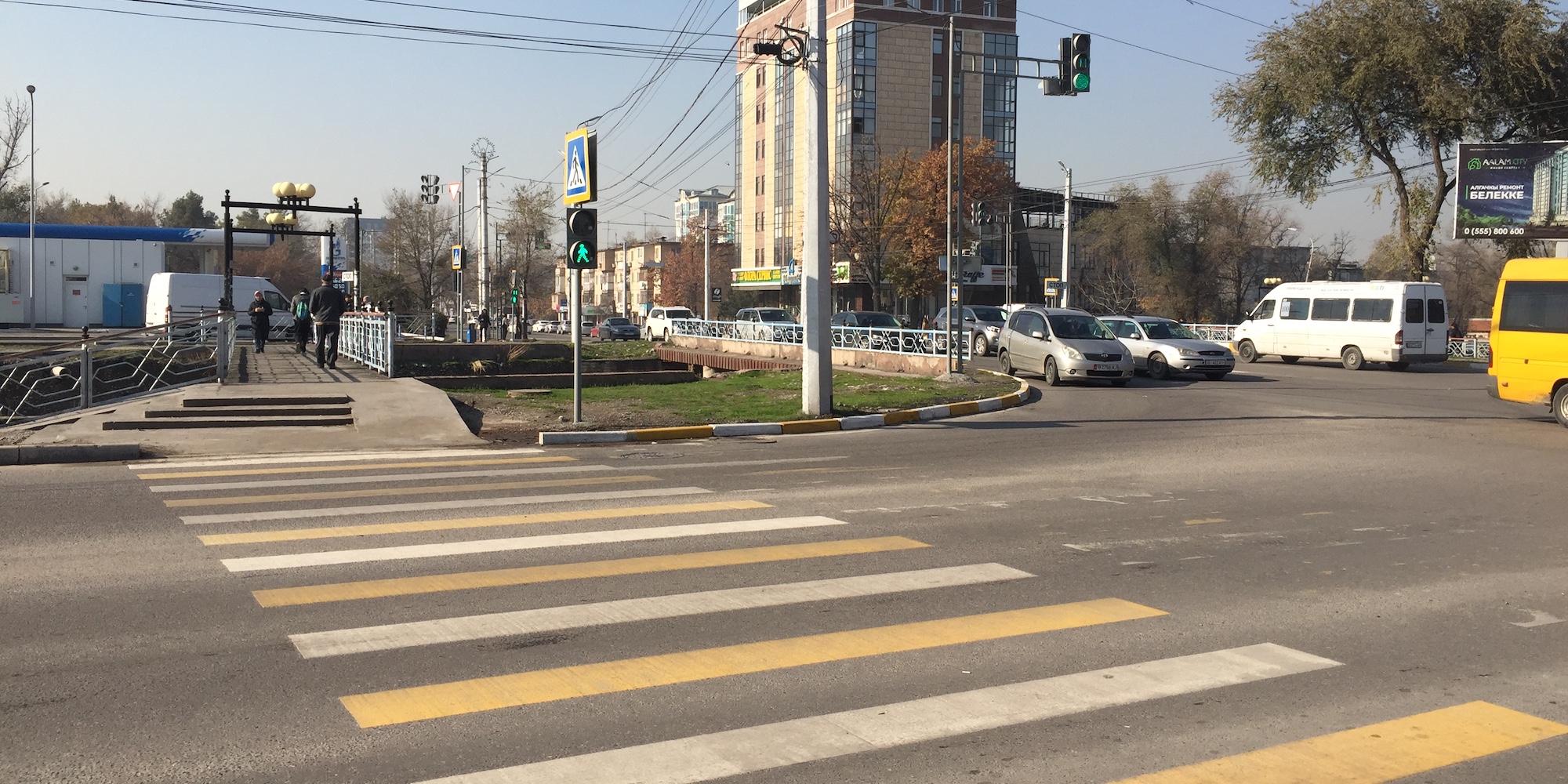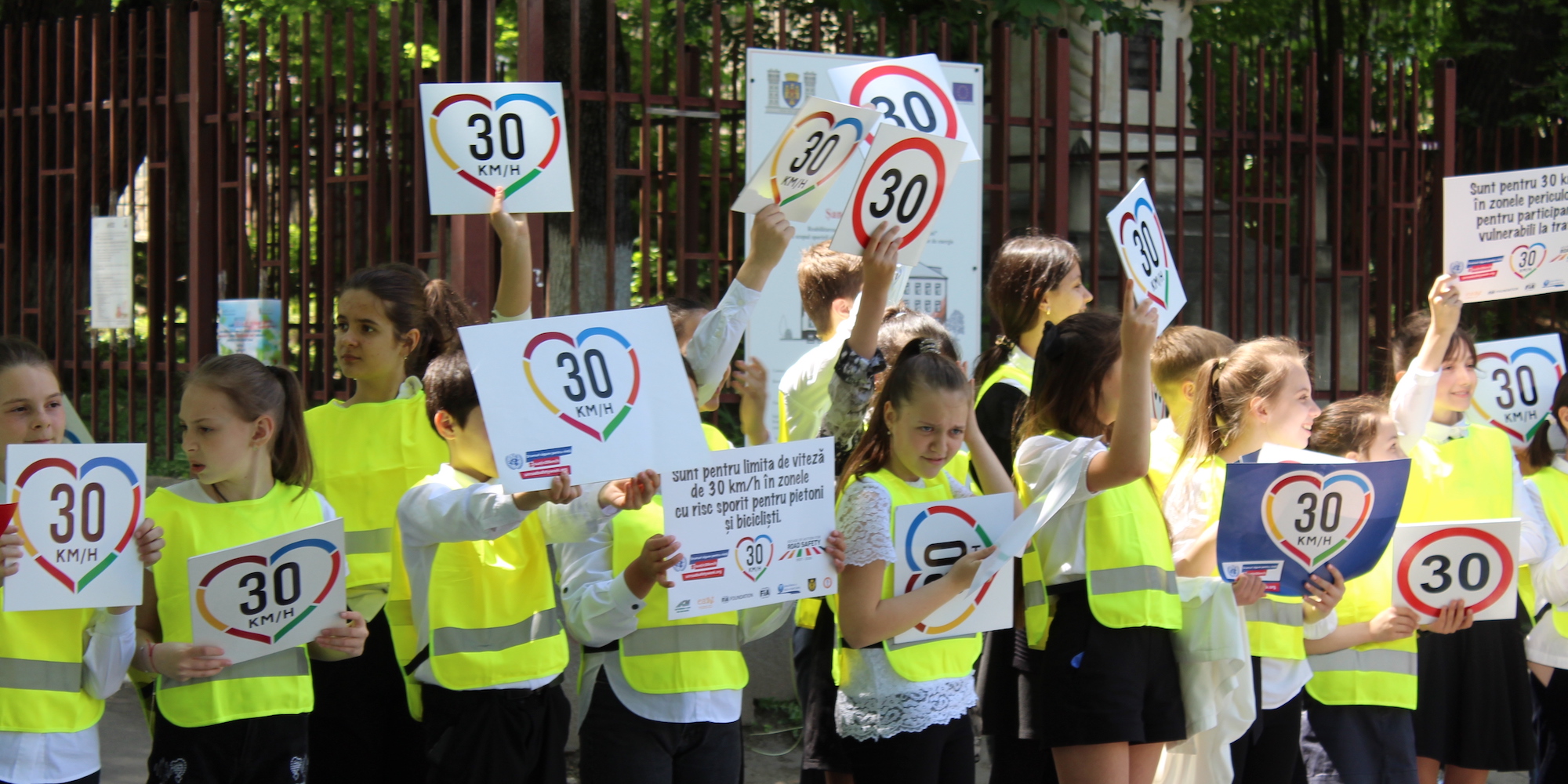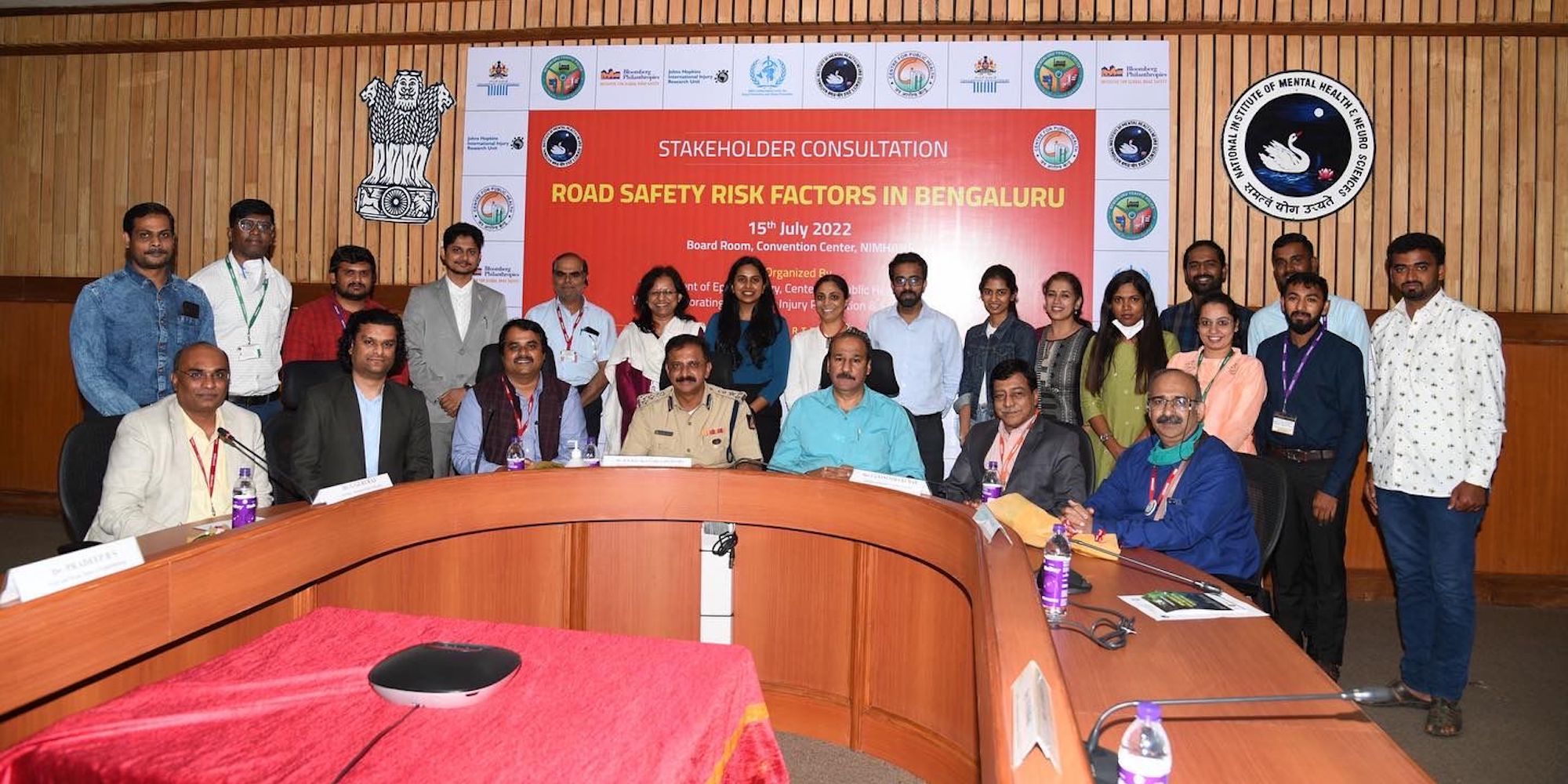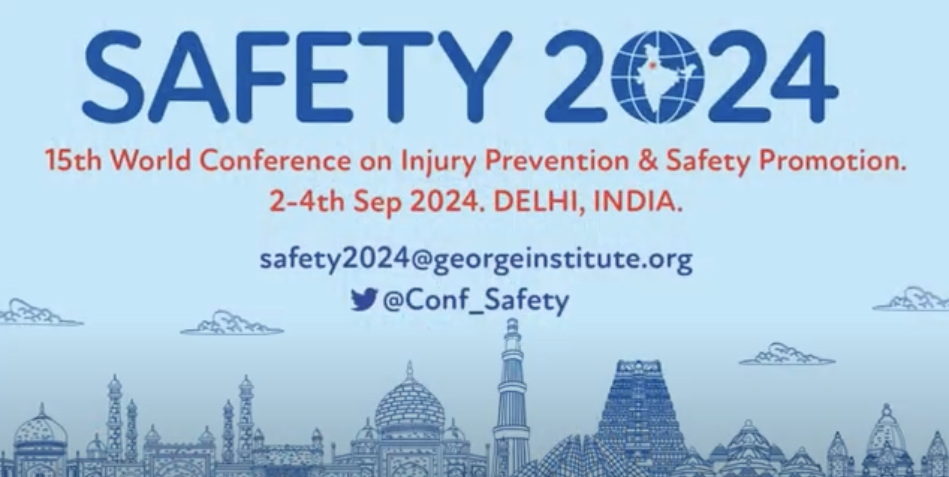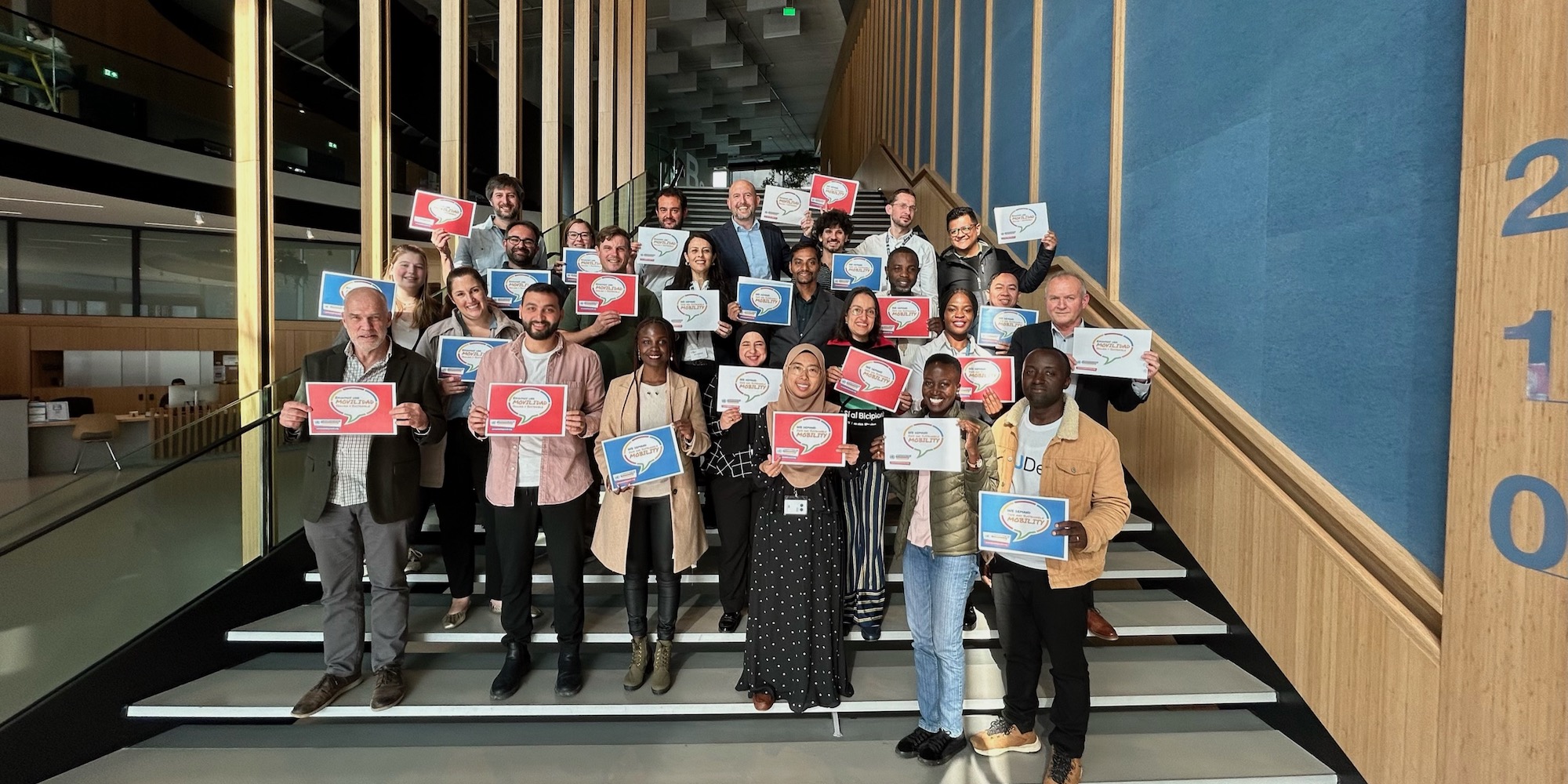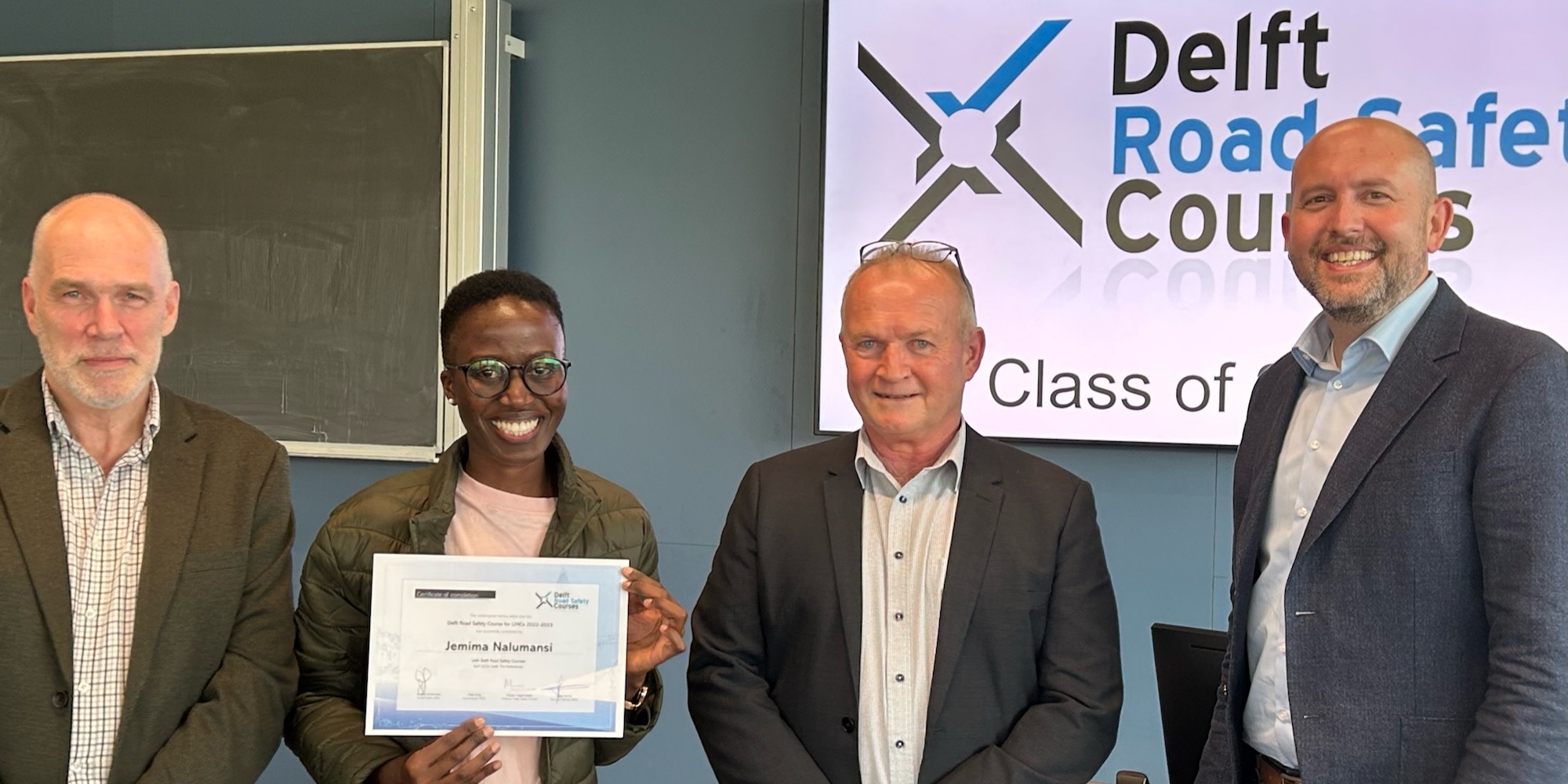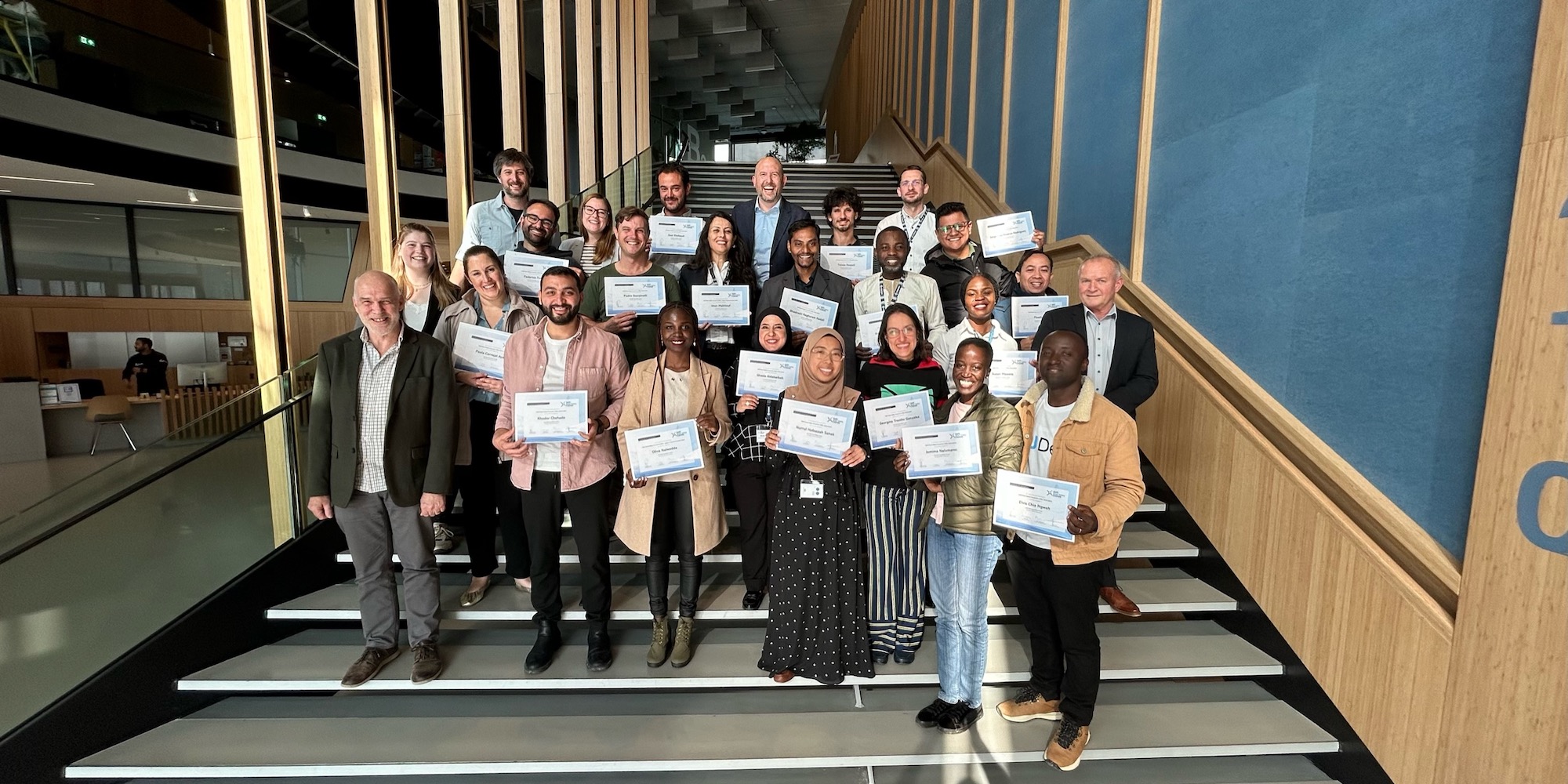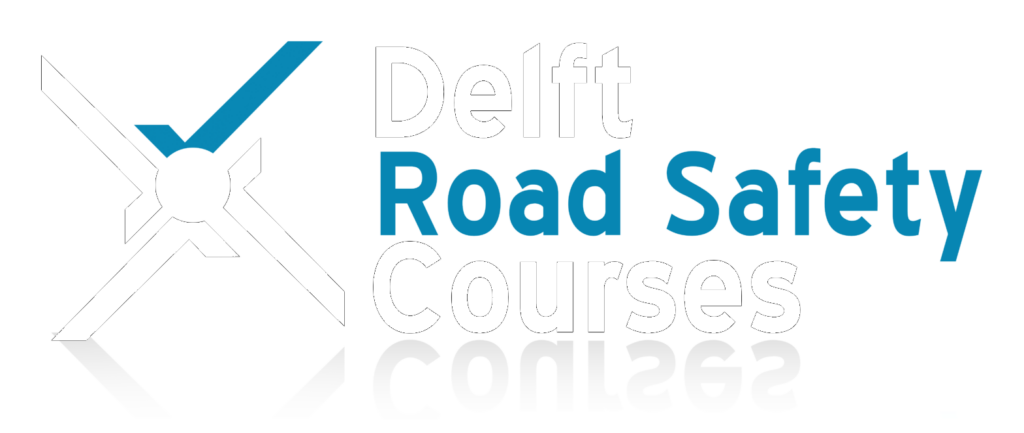Alumni Spotlight
Dr Gautham Sukumar surveils road safety risk factors in Bengaluru, India
As a part of a global multi-city project, Dr Gautham Sukumar of the Center for Public Health has been conducting a series of observational studies on key road safety risk factors in the Bengaluru Metropolitan Region of India.
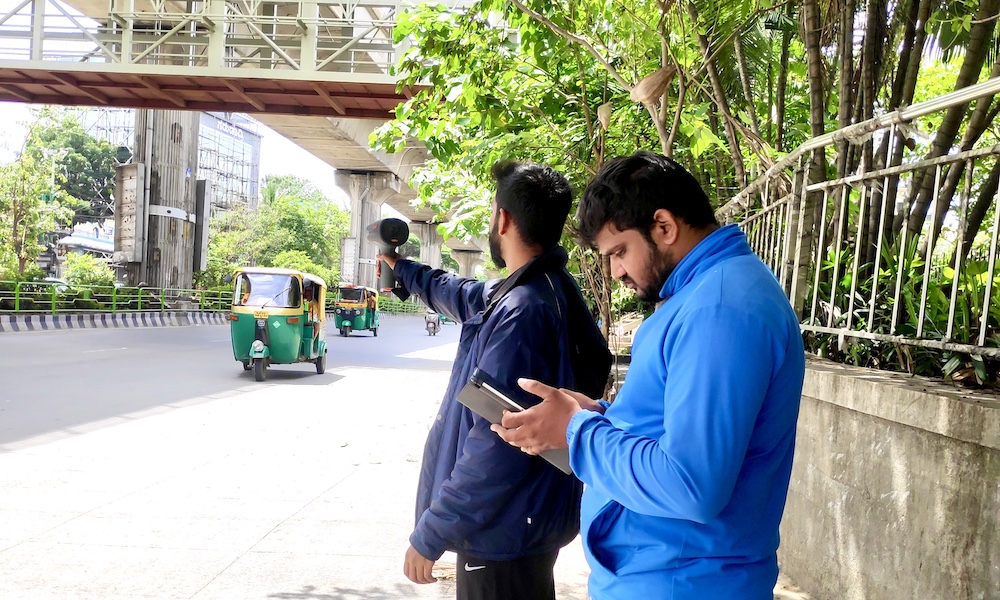
Many low and middle income countries (LMICs), including India, depend on police data for crash injury statistics, which in themselves are often underreported. Data on key behavioral road safety risk factors such helmet use, seat-belt use, drink-driving, speeding and distracted driving are often not recorded at all. This lack of data makes it difficult to implement evidence-based interventions to improve road safety and reduce key risk factors.
This project, with the support of John Hopkins International Injury Research Unit and Center for Public Health, NIMHANS, and Bloomberg Philanthropies Initiative for Global Road Safety, is therefore seeking to use a robust methodology and trained investigators to collect information at randomly selected roads using a multi-stage sampling method. The project started in November 2021 and so far, helmet wearing, and seat-belt observations have been conducted on nearly 99,000 motorised two-wheelers and 70,000 four wheelers. Data on speeding from nearly 80,000 vehicles has been collected using a radar gun. In a unique first, data on nighttime speeding, both in urban and rural areas, has been collected in Bengaluru.
By the end of 2022, the results will made available to both the public and local government stakeholders. The findings will be used to develop evidence-based strategies for improving road safety including: policy development, capacity building, public awareness campaigns, enforcement, and ensuring a permanent mechanism for surveilling road safety risk factors in Bengaluru.
The Global Plan for the Decade of Action for Road Safety 2021-2030 calls for a focus on low and middle income countries and emphasises a shared responsibility for road safety. This project encapsulates this. It addresses a need faced by many LMICs to improve data collection by bringing in academia and civil society organisations to generate the evidence needed to help local governments understand and address road safety risk factors.
A core element of the DRSC course is to support practitioners in road safety data collection and research.



